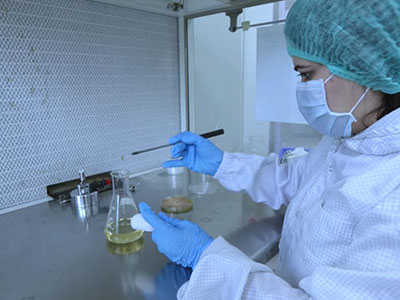Development of stimuli-responsive nano-based formulations as an opportunity for crop stress management
Currently, the challenges associated with agriculture are to limit the extensive utilization of agrochemicals, including herbicides, fungicides, and insecticides. Agrochemicals harm the environment and society and can induce resistance in target micro-organisms. To overcome such issues, controlled-release nano-based formulations can be implemented. Numerous advantages of controlled release systems include the reduction of leaching losses, volatilization, drift, and soil degradation. Though, the release of active ingredients from the loaded material occurs through passive diffusion, osmotic pressure, or capsule erosion. Thus, stimuliresponsive systems are encouraging aspirants to refine their control release properties and promote site-specific release under abiotic stress (temperature, salinity, drought, and flooding). Hence, inspecting novel responsive materials against environmental stimuli such as pH, temperature, redox conditions, and lights could be a foremost strategy for the improvement of crop resistance. Therefore the main focus of the chapter is to present the current status and prospects for the development of stimulatory responsive delivery systems in which the mechanism of release of active ingredients is activated by various triggers, depending on biological and abiotic factors.

